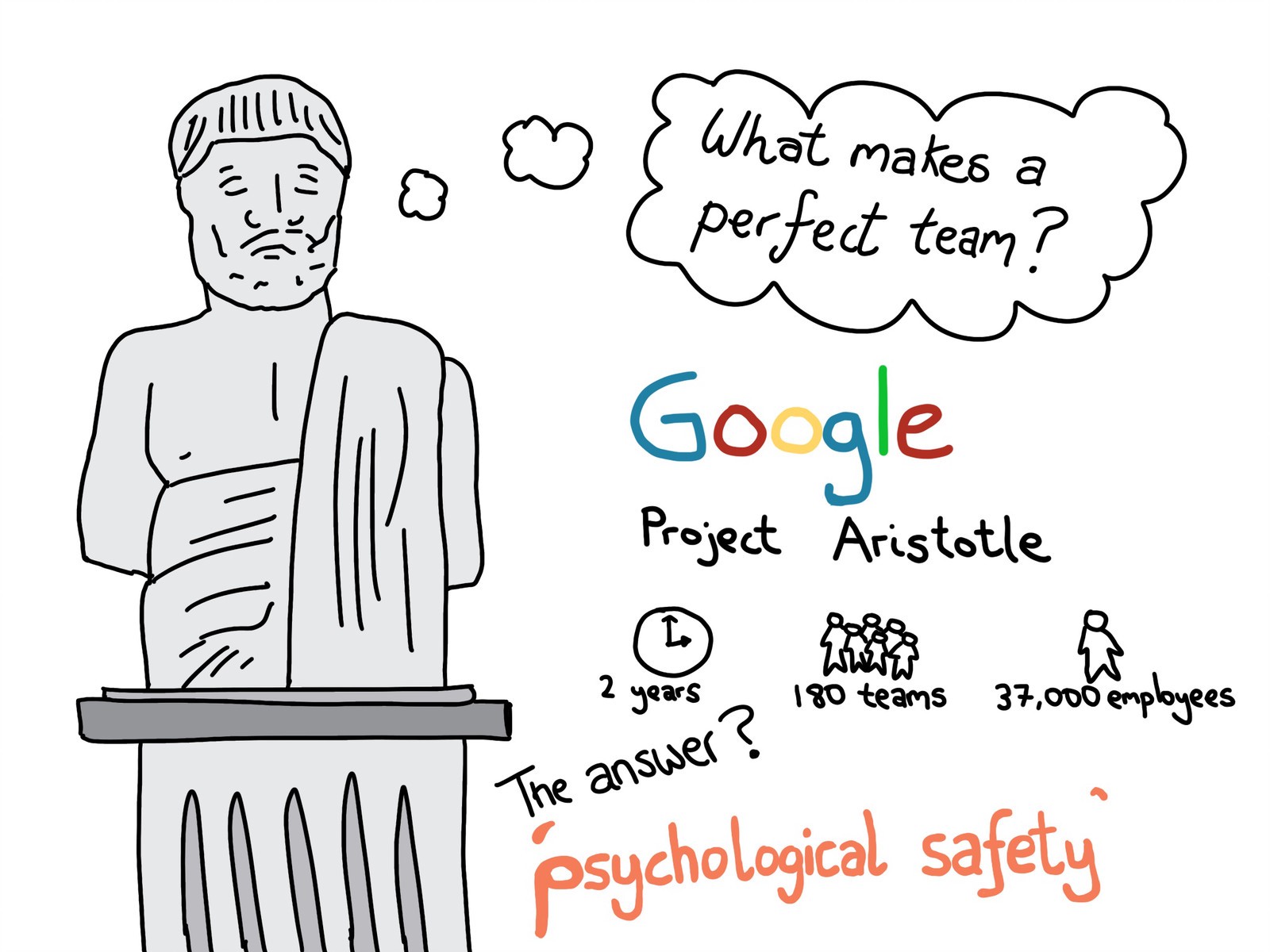What Google learned from its quest to build the perfect team
Some years ago Google became focused on building the perfect team. The tech company spent untold millions of dollars measuring nearly every aspect of its employees’ lives. Google’s People Operations department scrutinized everything from how frequently particular people ate together (the most productive employees tended to build larger networks by rotating dining companions) to which traits the best managers shared (unsurprisingly, good communication and avoiding micromanaging is critical; more shocking, this was news to many Google managers). The company initiated a project called “Project Aritotle” to figure out why some teams struggled and others soared. It organized some of its best statisticians, organizational psychologists, sociologists, engineers and researchers.
The team studied centuries of academic studies focused on how teams work and compared them to Google’s employees based on:
- How often did teammates socialize outside the office?
- Did they have the same hobbies?
- Were their educational backgrounds similar?
- Was it better for all teammates to be outgoing or for all of them to be shy?

They studied at least 180 teams and found no evidence of patterns of behavior or that the composition of teams made a difference. They concluded that a mixture of specific personlaity types, or skills or backgrounds made any difference.
The researchers then studied the norms of these groups. After looking at over a hundred groups for more than a year, Project Aristotle researchers concluded that understanding and influencing group norms were the keys to improving Google’s teams. They found many that begets the question of which norms were the ones that successful teams shared? It was concluded that all that was needed was a “safe space” for people to be able to speak without retrobution. This psychological safety is a sense of confidence that a team will not embarrass, reject or punish someone for speaking up.
Paradoxically Google’s intense data collection and number crunching have led it to the same conclusions that good managers have always known. In the best teams, members listen to one another and show sensitivity to feelings and needs.
So in a nutshell Google, in its race to build the perfect team, has perhaps unintentionally demonstrated the usefulness of imperfection and done what Silicon Valley does best: figure out how to create psychological safety faster, better and in more productive ways.
Reference
- https://www.nytimes.com/2016/02/28/magazine/what-google-learned-from-its-quest-to-build-the-perfect-team.html